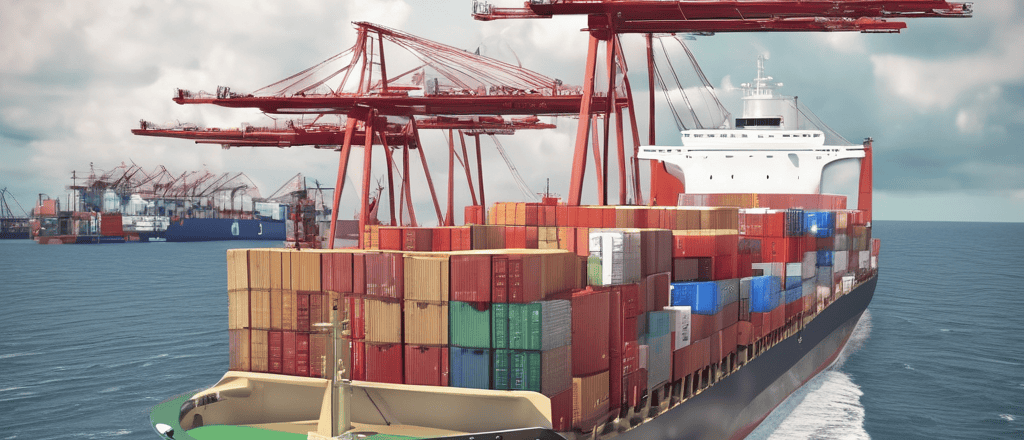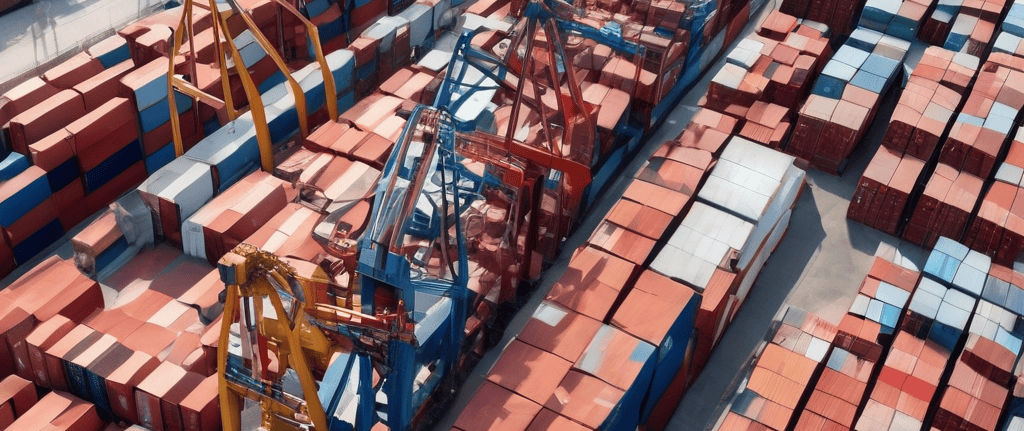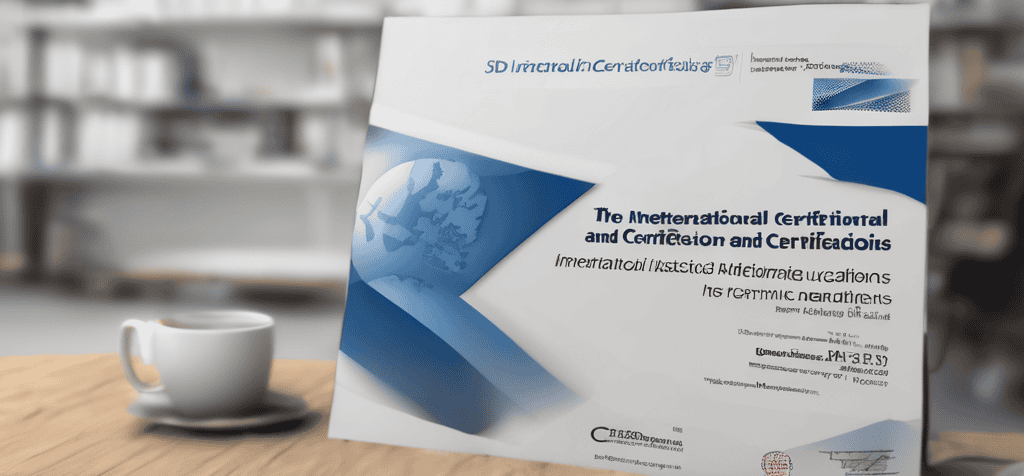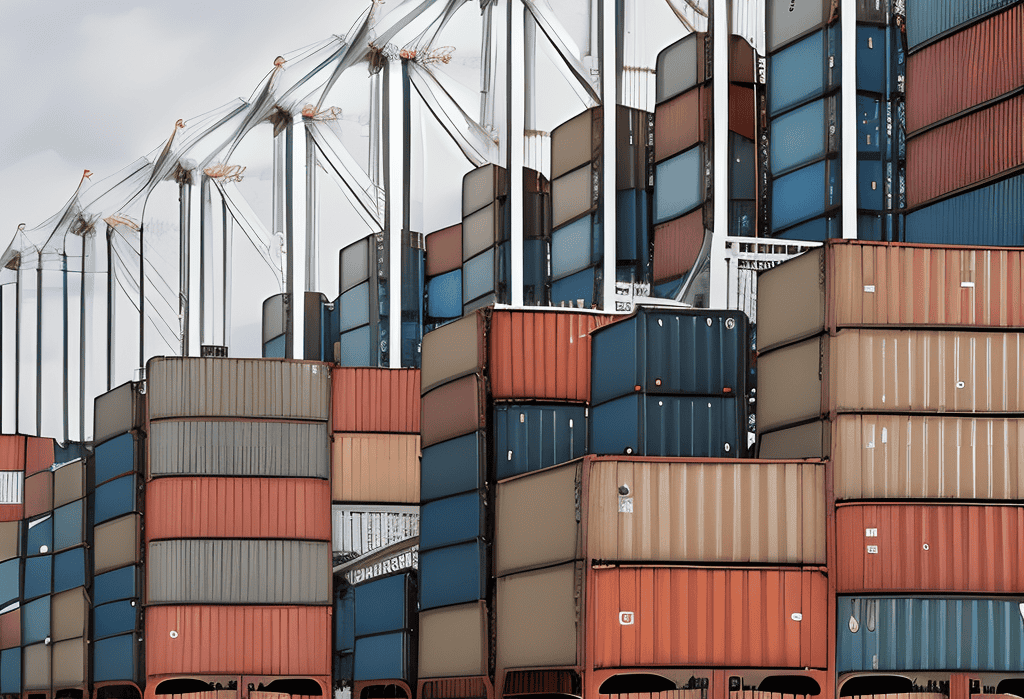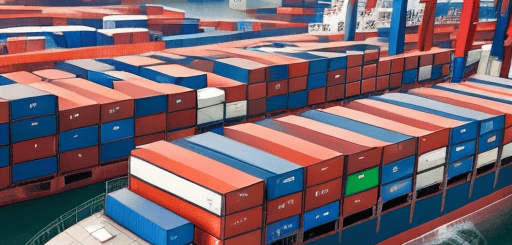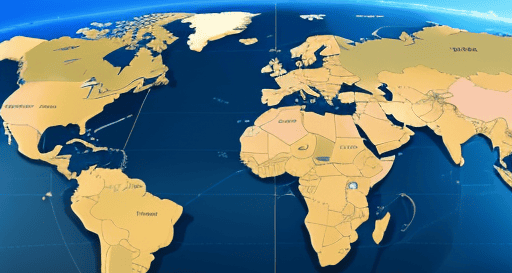Anti-dumping measures play a critical role in trade policy, balancing the interests of domestic industries, protecting fair competition, and addressing distortions in international trade. While they aim to rectify unfair trade practices, anti-dumping measures can also disrupt global supply chains, hinder market access, and escalate trade tensions between nations.
Anti-dumping measures are trade remedies imposed by governments to address unfair trade practices, such as dumping, where foreign producers sell goods in export markets at below-market prices, harming domestic industries and distorting competition. While anti-dumping measures aim to protect domestic industries from unfair competition, they can also have significant implications for global trade, affecting importers, exporters, and consumers worldwide. Here, we explore the evolution of anti-dumping measures and their impact on international trade dynamics.
Understanding Anti-Dumping Measures
- Definition and Objectives:
Anti-dumping measures are trade policy instruments used by governments to counteract the effects of dumping, protect domestic industries, and restore fair competition in the marketplace. Anti-dumping duties are imposed on imported goods found to be sold at below normal value (fair market price) in the domestic market of the exporting country.
- Investigation Process:
Anti-dumping investigations typically involve a thorough examination of dumping allegations, injury claims, and causal links between dumped imports and injury to domestic industries. Investigating authorities assess the dumping margin (price difference) and injury caused to domestic producers to determine the need for anti-dumping duties or corrective measures.
- Implications for Global Trade:
Anti-dumping measures can have far-reaching implications for global trade, affecting importers, exporters, and consumers across borders. While they provide temporary relief for domestic industries, they may lead to higher prices, reduced consumer choice, and trade tensions between exporting and importing countries, impacting market access and competitiveness.
Strategies for Navigating Anti-Dumping Measures
- Compliance and Due Diligence:
Ensure compliance with anti-dumping regulations, trade laws, and reporting requirements in target markets to mitigate the risk of anti-dumping investigations or penalties. Conduct due diligence on pricing practices, market dynamics, and competitive landscapes to avoid inadvertently engaging in dumping activities or unfair trade practices.
- Legal Remedies and Advocacy:
Engage legal counsel, trade associations, and industry coalitions to navigate anti-dumping investigations, challenge unjustified measures, and advocate for fair and transparent trade policies. Participate in consultations, hearings, and dispute resolution mechanisms to defend legitimate trade interests and promote rules-based international trade.
- Diversification and Market Strategies:
Diversify export markets, supply sources, and product portfolios to reduce reliance on markets vulnerable to anti-dumping actions or trade restrictions. Develop market entry strategies, establish strategic partnerships, and leverage free trade agreements to access new markets, mitigate risks, and diversify export channels for sustainable growth.
#AntiDumpingMeasures #GlobalTrade #TradePolicy #FairCompetition #TradeRemedies #MarketAccess #TradeCompliance #DumpingInvestigations #TradeLaw #TradeDisputes
Read more views



























